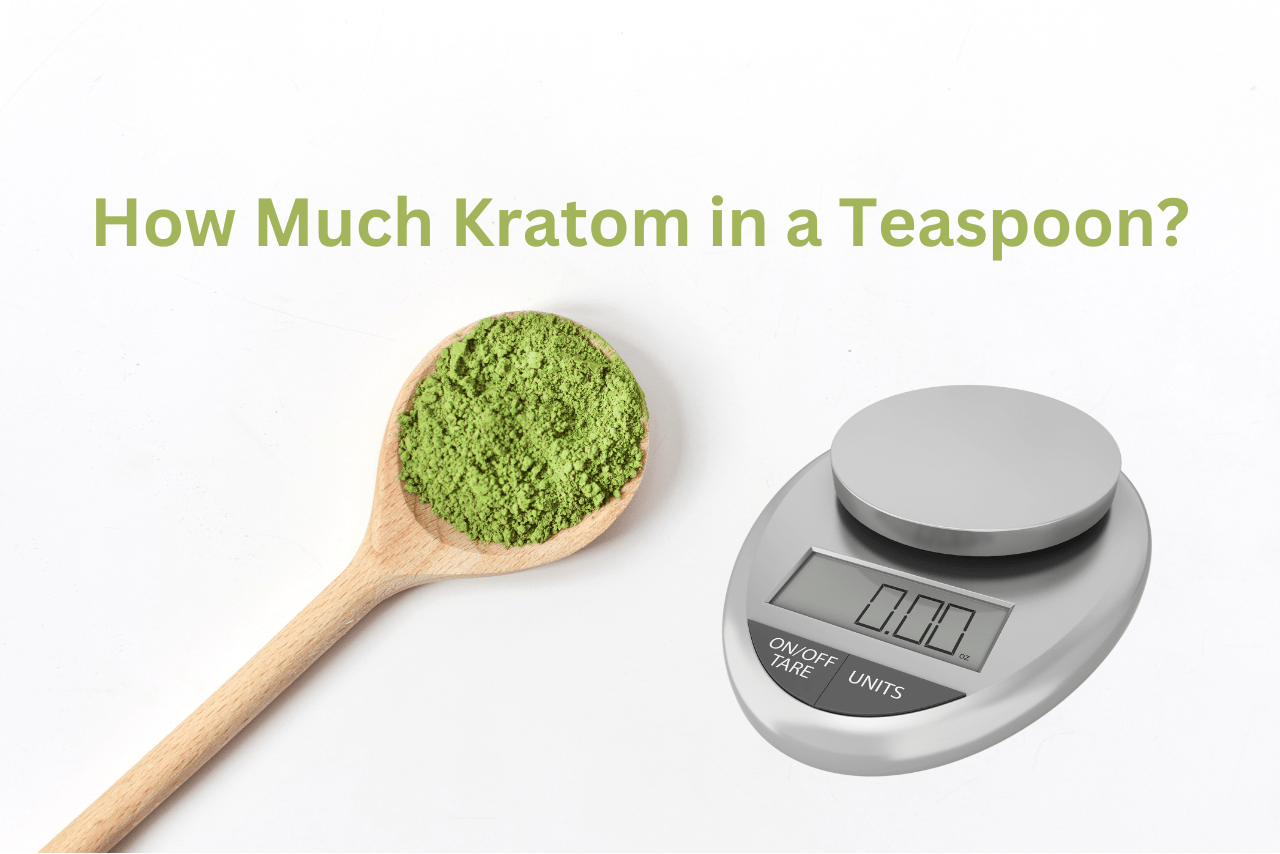Contents
Exploring the Impact of Kratom on Heart Health: What You Need to Know
- Written by Sagar
- Updated on April 23, 2025
- Published on
- Kratom Legal Status
TL;DR
Curious about how kratom affects heart health? You’re not alone! As kratom gains popularity as a natural remedy, understanding its impact on your cardiovascular system is crucial. This friendly guide explores the potential risks, including increased heart rate and high blood pressure, especially for those with existing heart conditions. By following recommended dosage guidelines, monitoring your vital signs, and staying hydrated, you can prioritize your heart health while using kratom.
Table of Contents:
- What is Kratom
- Kratom and the Heart
- Kratom Dosage and Heart
- Kratom Use and Heart Safety
- Conclusion
- FAQ
Thinking about kratom and your heart? You’re not alone. With kratom becoming more popular as a natural solution, the question of how it affects the heart has been on everyone’s mind. Knowing how kratom works with your cardiovascular system is key to making smart decisions about using it. In this article we’ll answer the question: is kratom bad for your heart?
As you weigh the pros and cons of using kratom, you need to consider the heart. With so much conflicting info out there, it’s hard to separate fact from fiction. By looking at the latest research and expert advice you’ll get a better understanding of how kratom affects your heart hea lth. Stay informed and make smart choices about kratom and your heart.
What is Kratom
When it comes to kratom, knowing how it affects your heart is key. By looking into how kratom works with your cardiovascular system you’ll be able to make informed decisions about using it. Research and expert opinions will help you navigate the benefits and risks of kratom and heart health.
Kratom and the Heart
Knowing how kratom affects heart health is key to making smart decisions. Let’s look at the research and potential risks of kratom on heart function.
Research on Kratom and Heart Health
Research on kratom and heart health is limited but shows some concerns. A study in the “Journal of the American Chemical Society” found that certain alkaloids in kratom can affect cardiac ion channels which could lead to cardiovascular problems. More research is needed to fully understand the implications but for now, these findings suggest you should be cautious when using kratom, especially in high doses.
Risks of Kratom on Heart Function
The risks of kratom on heart function come from its effects on blood pressure and heart rate. Kratom use has been linked to increased heart rate and high blood pressure which can be risky, especially for those with pre-existing heart conditions. Some case reports have also shown cardiovascular complications like tachycardia and chest pain after kratom use. These findings emphasize the need for moderation and awareness of the risks when using kratom, especially for those with heart issues.
Kratom Dosage and Heart
When using kratom you need to pay attention to the dosage to protect your heart. While kratom has potential benefits, too much can be risky to your cardiovascular system. Research shows certain alkaloids in kratom can affect cardiac ion channels so be cautious, especially with high doses.
Following the recommended dosage guidelines will help minimize the risks kratom poses to your heart function. Increased heart rate and high blood pressure are known effects of kratom use which can be dangerous for those with pre-existing heart conditions. To avoid adverse effects be aware of your kratom intake and the signs of cardiovascular distress.
Be moderate in your kratom use to avoid cardiovascular complications. Tachycardia and chest pain have been reported with kratom use so be aware of how kratom affects your heart health. By regulating your kratom dosage and your body’s response you can make smart choices for your overall health.
Kratom Use and Heart Safety
When using kratom for heart health:
- Know Your Optimal Dosage: You need to know your optimal dosage of kratom to not put unnecessary strain on your heart. Follow the recommended dosage guidelines to avoid adverse effects on your cardiovascular system.
- Monitor Your Heart Rate and Blood Pressure: Monitor your heart rate and blood pressure when using kratom. Any significant changes should make you reevaluate your kratom use or consult with a doctor.
- Stay Hydrated: Stay hydrated is key to heart health especially when using kratom. Proper hydration will help maintain healthy blood pressure and reduce cardiovascular risks.
- Know Your Limits: Know your limits and listen to your body when using kratom. Don’t overdo it and avoid high heart rate and blood pressure that can put strain on your heart.
- Consult with a Doctor: If you have pre-existing heart conditions or unsure about using kratom safely consult with a doctor before adding it to your regimen. They can give you personalized advice based on your health status.
By following these tips you can prioritize your heart health while considering the effects of kratom on your cardiovascular system. Remember your health comes first so make smart choices for your heart safety.
Summary
Knowing how kratom affects heart health is key to smart decisions. Research on kratom and cardiovascular function is ongoing but preliminary results suggests to be cautious especially with high doses. Increased heart rate and high blood pressure are the concerns with kratom use, especially for those with pre-existing heart conditions.
By following the recommended dosage guidelines, monitoring your vital signs and consulting with healthcare professionals you can prioritize your heart health while trying kratom. Stay informed, stay aware and prioritize your well-being when using kratom.
Frequently Asked Questions
What is kratom and why is it gaining popularity as a natural remedy?
Kratom is a tropical tree from Southeast Asia. Its leaves contain compounds that may have pain relieving and stimulating effects that’s why it’s being used as a natural remedy for many conditions.
What are the concerns with kratom and heart health?
Kratom contains alkaloids that can affect cardiac ion channels and heart function. High doses can cause high heart rate and high blood pressure that’s a risk to those with pre-existing heart conditions.
How to heart-healthy when using kratom?
Follow dosage guidelines, monitor heart rate and blood pressure, stay hydrated, know your limits, and consult with a doctor especially if you have pre-existing heart conditions.




